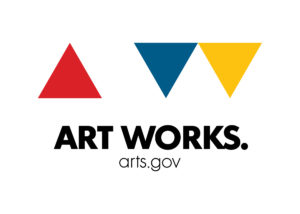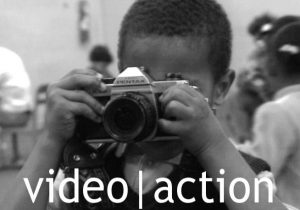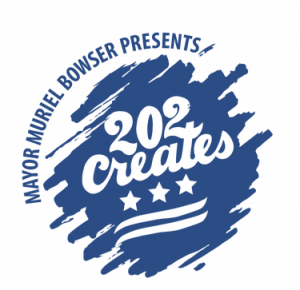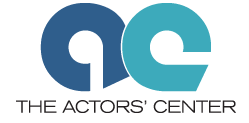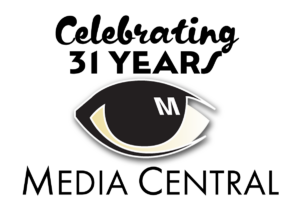ScriptDC offers plenty of “aha” moments, and you can take advantage of them by applying the new information so you can improve your skills, networking with executives, and connecting with your peers. So, make the most of your time at the event with the following five tips and techniques.
Establish your goals beforehand.
Take a moment to think about what you really want to achieve at the end of the event. Ask yourself the following:
Are you looking for feedback?
Are you switching genres?
Are you looking for new techniques?
Are you attempting to rekindle your creativity?
Do you want to be a part of a community of people where you feel you belong?
Identify at least 3 things you want to learn.
A project you are working on may have produced many questions or a difficult issue. So, prior to the event, review the agenda, the bios of the people conducting the workshop, and identify three things you want to learn. Write down these items in advance. When you attend the workshop, listen for this information, ask the presenters questions, and talk with people attending the workshop for their ideas.
Next, beside each of the items you’ve listed, write three ways you can implement them in your current projects or use the information for future projects. Assign a date for completion for each method of implementation and then transfer this information onto your calendar.
One week after the Script DC, check your progress. Review the information from the workshop and write a plan to help you determine what you will do to make sure the suggestions from the workshop are implemented within the coming weeks. Give a copy of the plan to a friend so they can hold you accountable.
Don’t forget to figure out how you will celebrate the completion of a task. You can purchase a new outfit, or treat yourself and your helper to a meal at a nice restaurant.
Bring your script to the workshops.
Looking for feedback? Well here’s your chance. First, listen for information that can help you get over a stumbling block, such as improving the flow or switching to a different genre. During the workshop, you’ll hear some good advice and suggestions that you can write down on your script. Consider discussing a scene with your peers, or use the script as reference when you inquire about topic or item during the question and answer session.
Provide and listen for tactful, honest and generous feedback.
Don’t tune out questions your peers ask. It may not apply to you now, but it could in the future. Also, listen to the way the feedback is delivered. Well-constructed thoughts and opinions are like gold. Not only can you learn from the information and apply it to current and future work, but you can also learn how to choose your words wisely when giving your peers feedback.
Find people with whom you can build a working relationship.
Look for attendees who can relate to and respond to the projects you are creating. This is not the time to be shy. It’s quite possible the person sitting next to you wrote Hollywood’s next big blockbuster film or television series. You’re in a room filled with creative like-minded people so make a friend, build your list of professional contacts, and have fun.




